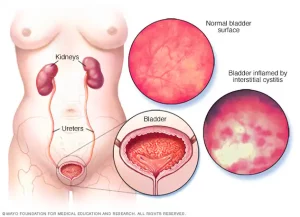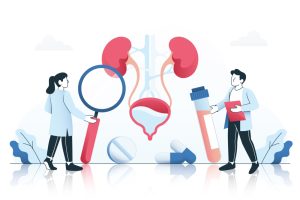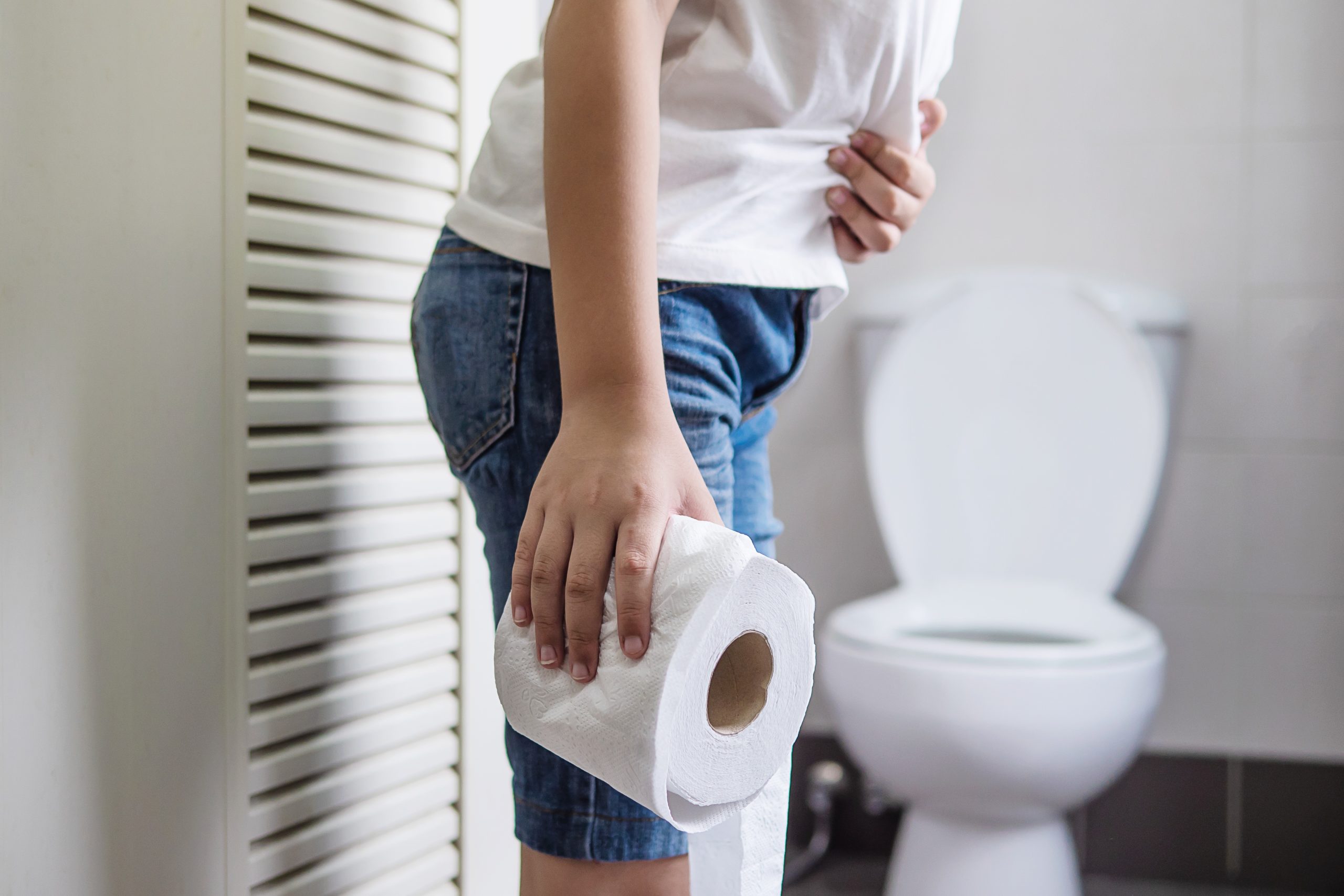Bladder disorder is the abnormal functioning of the bladder, which can cause a number of discomforts. These disorders include a wide range of conditions, including overactive bladder, urinary incontinence, urinary tract infections, and bladder cancer. Bladder cancer is the most fatal disorder among all these conditions. According to the American Cancer Society, older persons are more diagnosed with this disorder. Nine out of ten patients having this cancer are older than 55.
These symptoms have a major negative influence on a person’s quality of life and need to be properly managed. We will examine the origins of bladder disorder symptoms in this blog, as well as their genesis and treatment options. These symptoms are most effectively treated by medication like Myrbetriq tablets.
What Is the Function of the Bladder?
Bladder is a hollow and muscular organ in the lower abdomen. Its main function is to hold the kidneys’ generated urine until the body is ready to discharge it. When the bladder exceeds its capacity, messages are sent to the brain with the urge to urinate.

The muscular walls of the bladder expand to accommodate the growing volume of urine. The bladder contracts during urination, pushing urine out via the urethra and removing waste materials from the body.
What Are the Common Symptoms of a Bladder Disorder?
Both men and women experience a variety of troublesome and disruptive symptoms from bladder diseases. The following are a few of the typical bladder disorder symptoms:
Frequent Urination and Urgency: A common sign of a bladder illness is feeling the need to urinate more frequently than usual. You discover that you need to use the restroom a lot throughout the day, even waking up many times in the middle of the night.
Pain, discomfort, or Blood in Urine: Pain is a common sign of bladder disorder; it usually varies from mild to a burning sensation. Sometimes you see blood in urine, which leads to infection, stones, or even bladder cancer.
Incontinence and bedwetting: Loss of urine control or leakage during sneezing, laughing, or physical activities is also a sign of bladder disorder. Bedwetting, especially during the night in people beyond age five, indicates an issue in the bladder.
What Are the Causes of Bladder Disorder Symptoms?
Bladder disorder symptoms are caused by a complex interaction of genetic, environmental, behavioral, and physiological factors. The most prevalent causes are given below:
Urinary Tract Infection (UTI): It is an infection of the urinary tract. The kidneys, bladder, urethra, and ureter comprise the urinary system. The urethra and bladder are the most infected parts of the urinary tract. It is a common cause of bladder disorder symptoms such as pain during urination and frequent urination.
Overactive Bladder (OAB): Overactive bladder (OAB) syndrome occurs when the bladder, which is a muscular sack, unexpectedly squeezes (contracts) without your control while the bladder is not full. OAB syndrome is a prevalent disorder where no cause for repetitive and unregulated bladder contractions can be established.
Interstitial Cystitis (IC): IC is a persistent bladder condition. After getting filtered through the kidney, but before you pee, your urine is stored in the bladder. This condition produces discomfort and pressure beneath your abdominal button. Symptoms can appear and disappear, and also be consistent.
Urgent, frequently painful toilet excursions are caused by interstitial cystitis. In severe circumstances, you may need to pee up to 40-60 times per day.
Bladder Stones: Bladder stones are mineralized solid masses that develop in the bladder. This is normal when you have trouble completely emptying your bladder.
Small bladder stones may pass on their own, but larger bladder stones may necessitate medicine or surgery. If bladder stones are not addressed, they can cause infections, blood in urine, and other issues.
Bladder Cancer: Bladder cancer is a prevalent type of cancer in the bladder cells. The bladder is a muscular hollow structure in the lower abdomen that holds pee. This cancer typically originates in the cells that line the lining of your bladder (urothelial cells).
Neurological Disorders: These disorders include multiple sclerosis and spinal cord injuries, for example, can impair nerve signals connecting the brain and the bladder, leading to bladder disorder and accompanying symptoms.
Neurological disorders are illnesses affecting the CNS (central nervous system) and PNS (peripheral nervous system).
Prostate Enlargement: BPH (Benign prostatic hyperplasia) is a disorder in which a man’s prostate enlarges. But this type of disorder is not malignant. It can block the urethra and disrupt normal bladder function, causing symptoms such as urgency and a weak urine stream.

Treatment Options for Bladder Disorder
The severity and exact cause of bladder disorder symptoms will determine how it is treated. The following are the most effective therapy options:
Behavioral Therapy: An efficient and non-invasive strategy to enhance bladder function is a behavioral treatment for bladder diseases. Examples of such therapy include timed urination and bladder training. A primary method for helping people with overactive bladder or urine incontinence is bladder training.
Even if there is no urge to urinate, scheduled voiding entails setting aside specified times to use the restroom.
Surgical Interventions: Surgery is often used to treat anatomical defects, tumors, bladder stones, or severe cases of incontinence in bladder problems. These operations can range from minimally invasive ones like cystoscopy to more involved ones like bladder augmentation.
[Cystoscopy: It is a medical procedure to examine the interior of the bladder using a thin tube with a camera].
[Bladder augmentation: These are surgical procedures to increase the capacity of bladder].
Medications: Even after adopting a healthier diet and undertaking bladder training, bladder control issues might occasionally persist. When all else fails, it might be time to discuss medicines with your healthcare physician. People with overactive bladders, often known as people who frequently have sudden, strong needs to urinate, can take medications. You can buy these medications at the best Canadian online pharmacy.
Conclusion
The symptoms of a bladder problem can seriously influence a person’s everyday life and general well-being. Creating efficient preventative and treatment plans requires an understanding of the causes of bladder disorder symptoms. To prevent these disorders, early diagnosis and proper treatment are crucial. The treatments like behavioral therapy, surgical interventions, and prescribed medications help overcome bladder disorders.
It is crucial to get a medical evaluation and professional advice if you or someone you know has chronic symptoms of a bladder issue. Proper treatment significantly impacts the management of bladder problems and the quality of life for people who are affected.


 Home
Home








